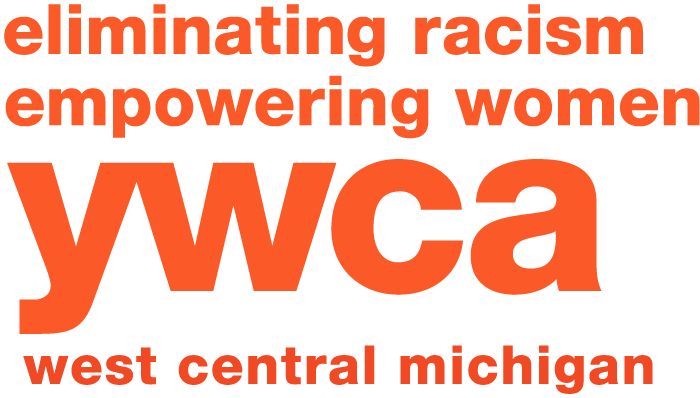Doing Away with Misconceptions
It’s easy to be daunted by the legal system, especially if you’re a survivor. You don’t have to be.
By: Charles C. Campbell, BS, PBD, N.P.
YWCA Legal Advocate/ Paralegal
Life is complicated. The law is complicated. Those two things become even more complicated when you are dealing with an abusive partner. What’s not complicated is the fact that, simply put, abuse is an issue of power and control. That dynamic can make survivors feel a profound loss of control in their relationship and when working with the law. Here, I’m going to provide some empowering insight into a few of the most common ideas that make the court system feel intimidating.
No one will believe me.
The abuser and the legal dramas you see on television may make you believe this. Is it good to have evidence to corroborate your story? Absolutely. Is it required? No. Much of the “evidence” survivors believe is important is helpful, but it’s just a version of the story written by someone else. Police reports, notes from counselors, or text messages with friends help provide context to the story, but it is your own words, your story which is important.
If I give my abuser what they want they will go away.
The legal process is a long and complex one. Many survivors want it to go quickly, trading short term goals for important long-term ones. Pressure to give in come as overt threats from an abuser or implied pressure based on the survivor’s perception of the abusers wishes. The court process involves making agreements on some issues while having the court decide others. It is important to speak with a legal professional about your options and to consult with an attorney about which option helps accomplish your goals. The abuser will pressure you to agree, believing it is easier to convince you instead of trying to convincing a judge.
Isn’t leaving abandonment.
First, do not let fear of being accused of abandonment prevent you from being safe. Many survivors feel like they need to stay in a violent situation because if they leave they will be accused of abandoning the home or their children. While it is possible an abuser or their attorney may raise this issue in court, if you are fleeing a violent situation, the court may not negatively consider this. Just be sure to follow up once you are safe. This may include filing to take back possession of the home, filing to establish custody, or requesting a Personal Protection Order. Second, planning beforehand can help reduce the possibility you’ll have to make terrible choices like fleeing for your safety without your children or staying in danger. The YWCA has safety planning tips online, and my colleagues and I can help you think through the steps you can take.
I can’t afford to get legal help.
In Michigan only a licensed attorney is able to provide representation. Hiring a lawyer to provide the traditional style of legal services can be expensive. This doesn’t mean that legal help is out of reach. In West Michigan we are have many resources to obtain legal help. You can reach out to us at the YWCA where you can schedule an appointment with an advocate free of charge. If you need representation we may refer you to Legal Aid of Western Michigan (lawestmi.org) or you may be eligible to be referred to Project Giveback, our partnership with local law firm Miller Johnson. Michigan has rules allowing attorneys to be retained for limited scope representation which may cut down on costs. Another option is to represent yourself by getting help from the Legal Assistance Center (legalassistancecenter.org). Having full representation is not feasible for everyone, however it does not mean you cannot get legal help if you are trying leave your abusive partner.
